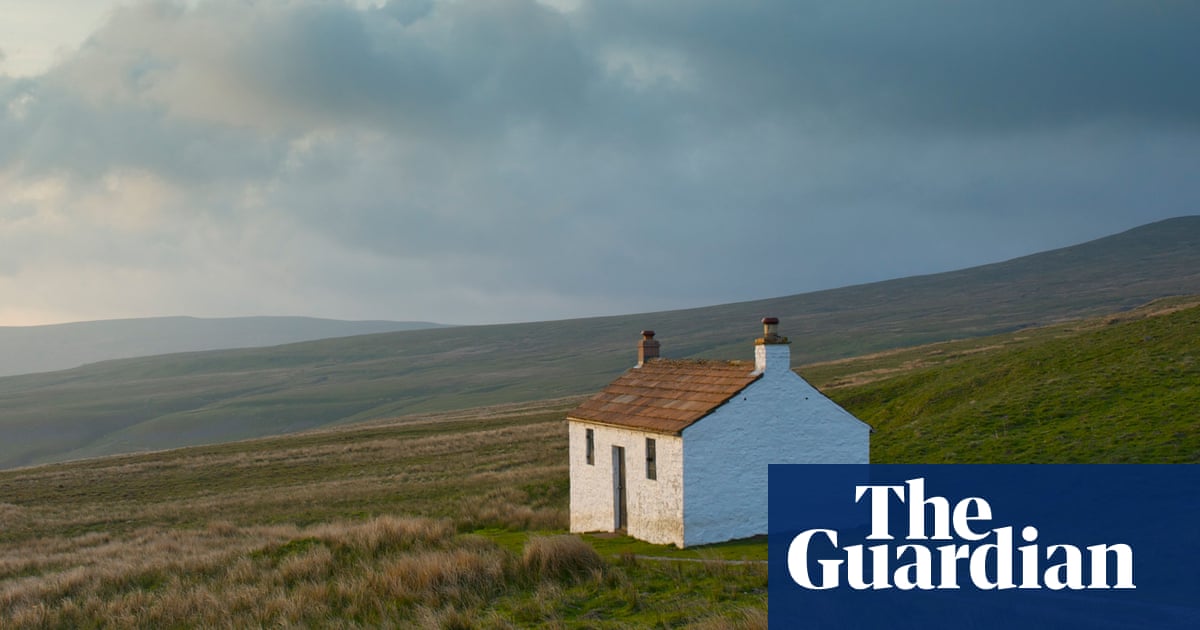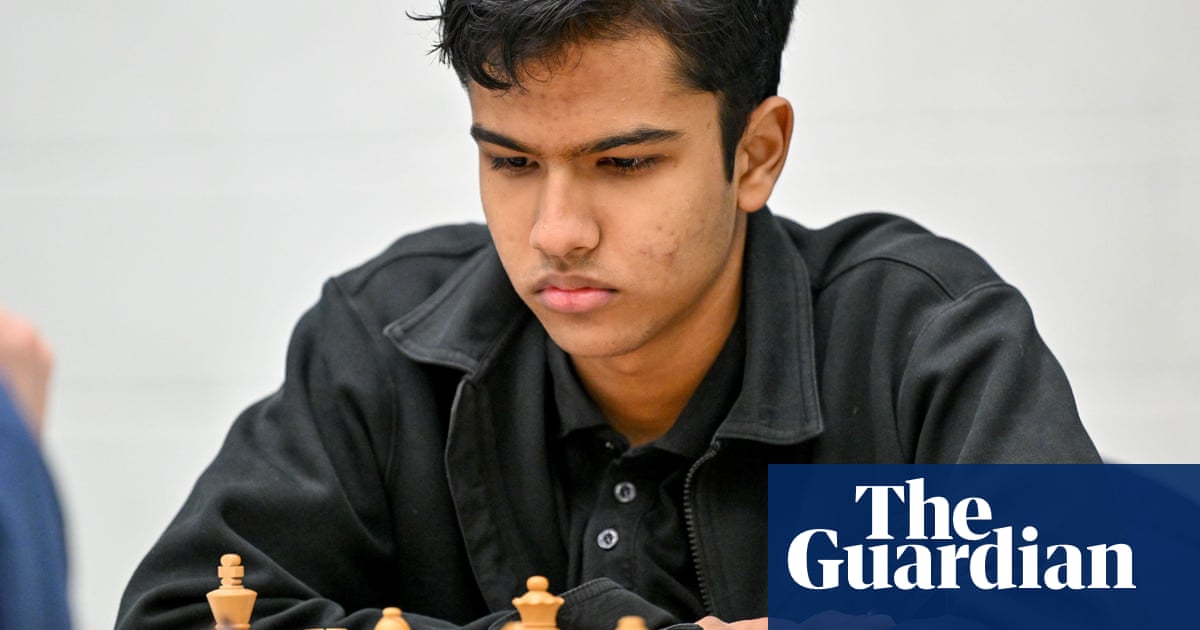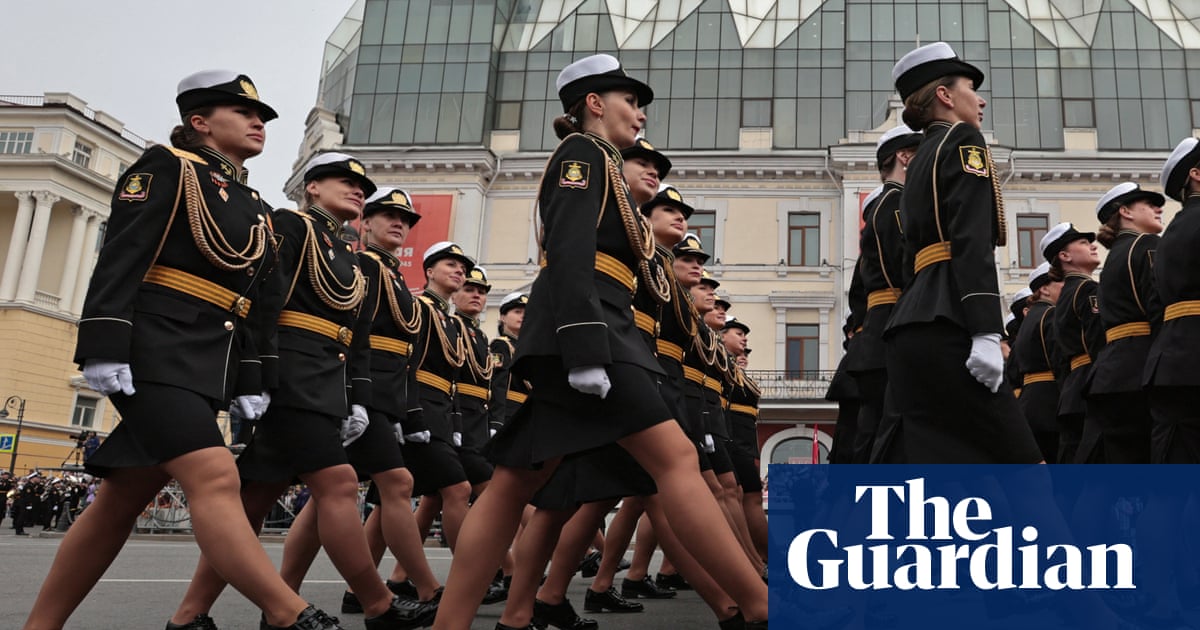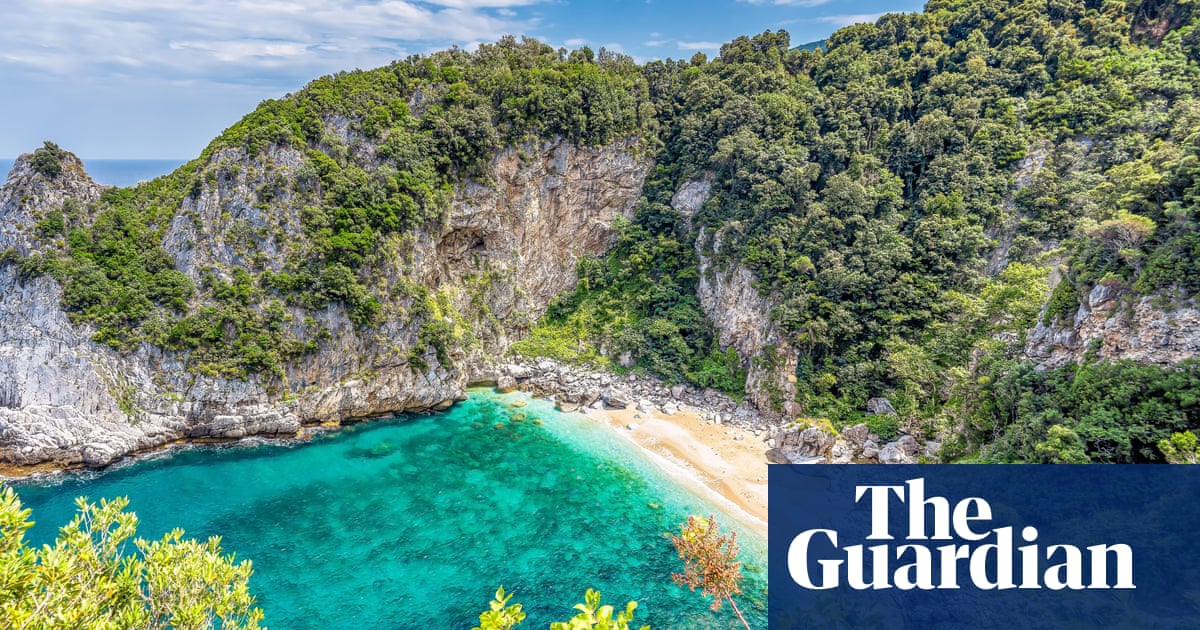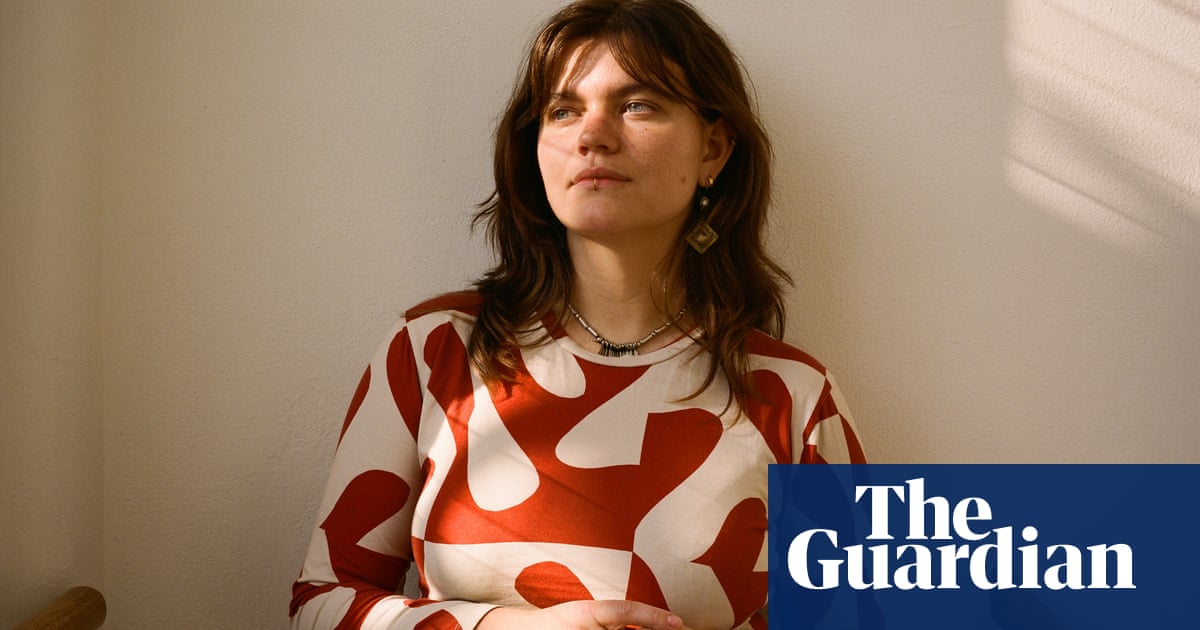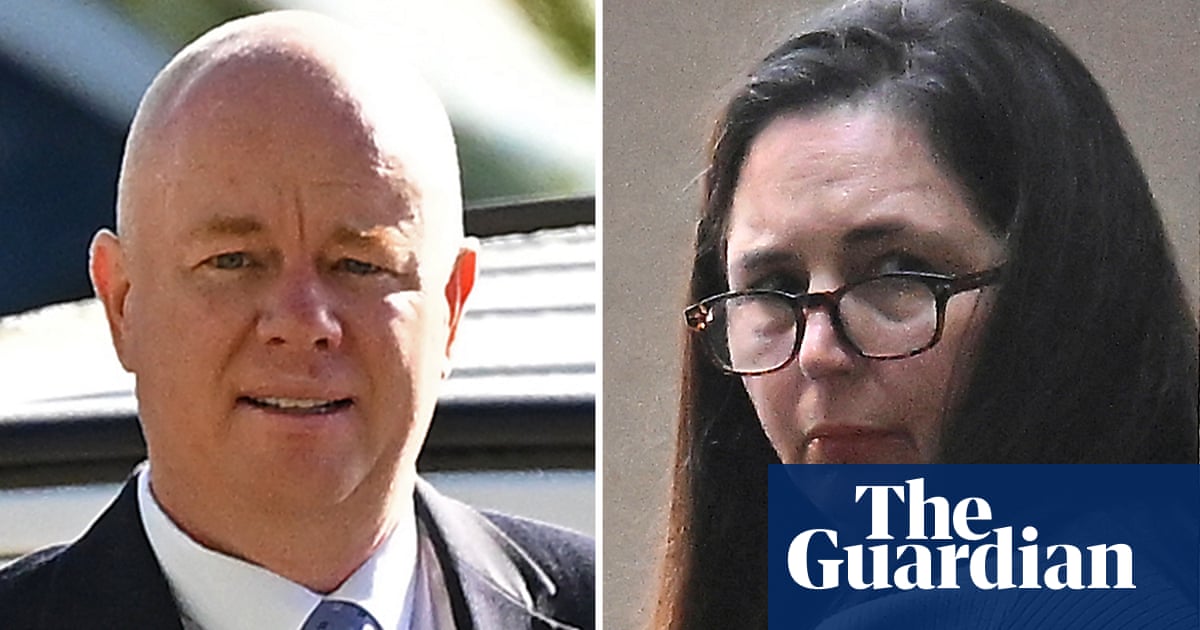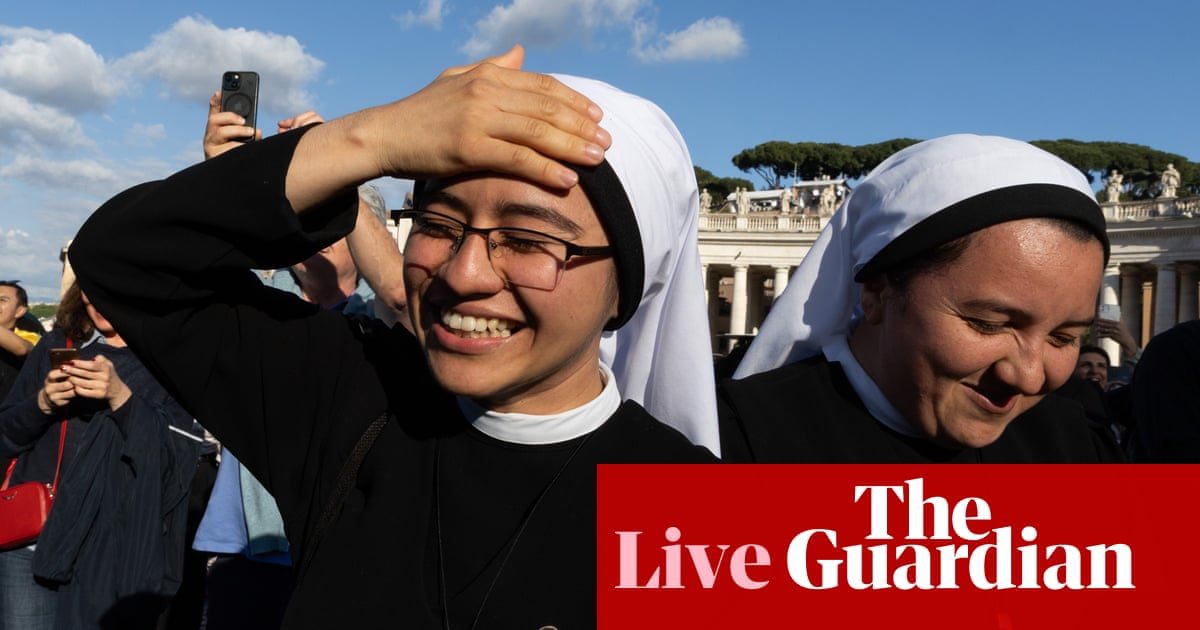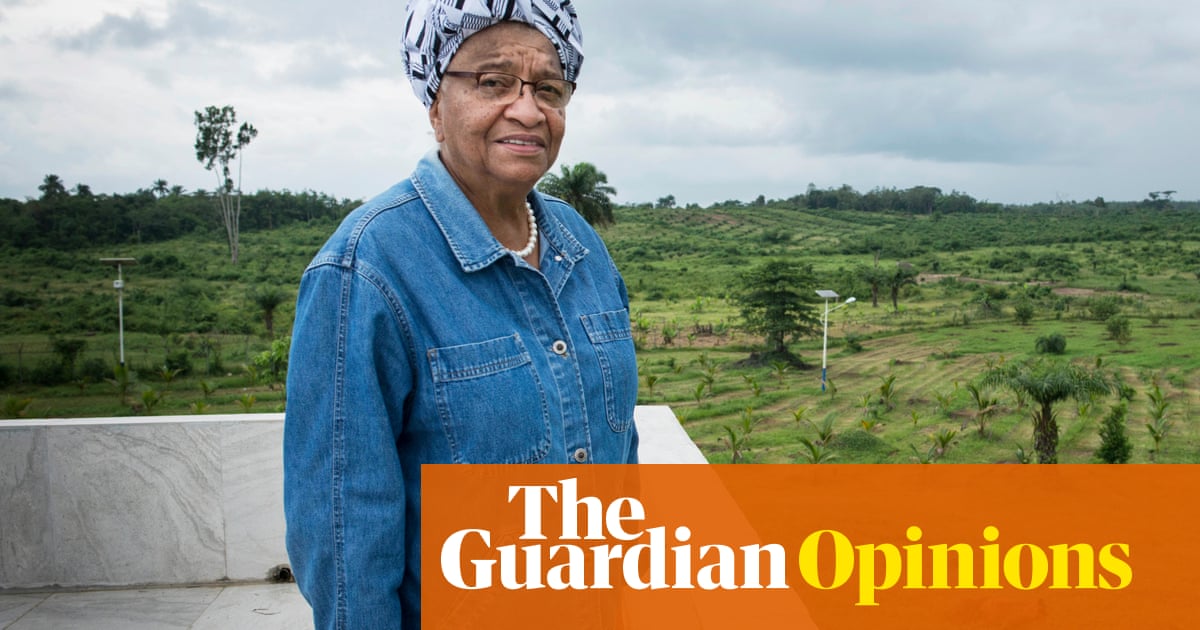Victims of the Omagh bombing, the single deadliest atrocity of the Northern Ireland Troubles, are to take centre stage at the public inquiry which reopens on Tuesday.
The car bomb attack that ripped through the town on 15 August 1998, killing 29 people and unborn twins, was carried out by the Real IRA less than three months after voters on both sides of the border had said yes in a referendum on the Good Friday peace deal. The dead included children and victims from both sides of the Irish border, and from England and Spain.
No one was ever convicted over the atrocity but the dissident Real IRA leader Michael McKevitt was found responsible in a 2009 civil case while Colm Murphy, who died in 2023, was convicted of being involved in the plot. He was cleared in a retrial.
Established in 2024 by the UK government, the public inquiry has been asked to consider whether the bombing could have been prevented by UK state authorities. The commemorative hearings will be heard at the Strule Arts Centre in County Tyrone, and are expected to last several weeks.
The chair, Lord Turnbull, wanted to hear directly from those most affected by the bombing so he could “understand the terrible consequences people suffered”.
“There have been many investigations into the terrible events of 15 August 1998. My inquiry may be the final opportunity to get to the truth of whether the bombing could have been prevented by the UK state. The experiences of those most affected on the day will be invaluable in helping me do so,” Turnbull said when inviting victims and their families to participate last year.
First to be commemorated on Tuesday will be a 12-year-old Spanish boy, Fernando Blasco Baselga, and his youth leader, Rocio Abad Ramos, 23, who died when she was thrown forward in the blast from the 500lb (nearly 230kg) bomb. A science student, she had been due to return to Spain for her sister’s wedding and was one month from finishing a biology degree.
Fernando was doing an exchange programme in Donegal and he and other children were on a day trip to Omagh when he was killed instantly after being struck by a single piece of debris. Four children on the trip were killed, including Sean McLaughlin and his friends Oran Doherty and James Barker from Buncrana in Donegal.
The Wave trauma centre is working with the inquiry to support the victims. Its chief executive, Sandra Peake, said there was no doubt that “reliving that day, even in the context of a formal public inquiry, will be harrowing” for the families, for whom the bombing was “anything but a distant memory”.
On Wednesday there will be a commemoration of Breda Devine, who was 21 months old. Her mother had gone into town to buy shoes to match an outfit her daughter was to wear as a flower girl at her uncle’s wedding. They had just found the shoes when police, fooled by a misleading warning, ushered people into the area where the bomb exploded.
Alan Radford, a 16-year-old schoolboy, will be commemorated by his sister on Wednesday morning, while in the afternoon Avril Monaghan, her 18-month-old daughter Maura, and her unborn twins will be commemorated by family members along with her mother, Mary Grimes, who had been celebrating her 66th birthday.
On Thursday the inquiry is expected to hear about the impact on the family of the death of Deborah-Anne Cartwright, 20, who was just days away from finding out if she had a place on a textile design course in Manchester.
Also expected to appear on Friday are the families of Geraldine Breslin, 43, who worked in a clothes shop and had been on a tea break when the bomb exploded, and 18-year-old Gareth Conway, who had just been accepted for an engineering degree course at the University of Ulster.
This phase of the Omagh bombing inquiry, specifically examining the personal experience of those affected, is expected to last four weeks, continuing until 20 February.

 3 months ago
74
3 months ago
74

